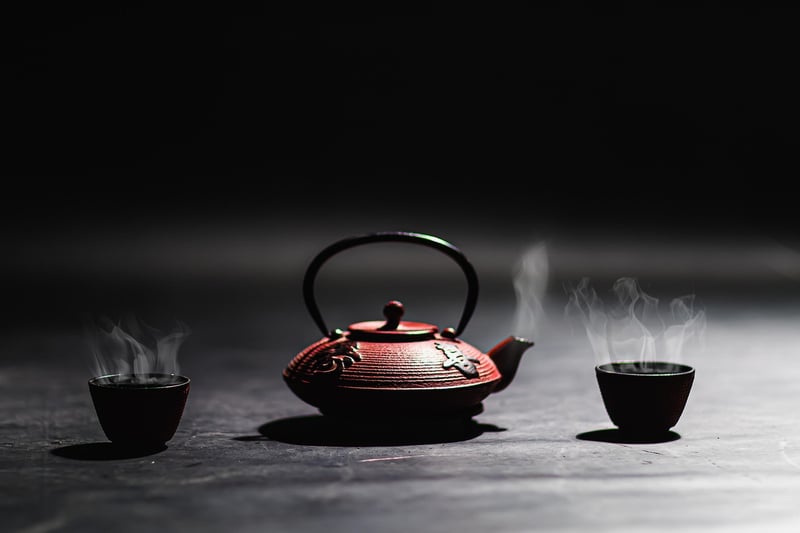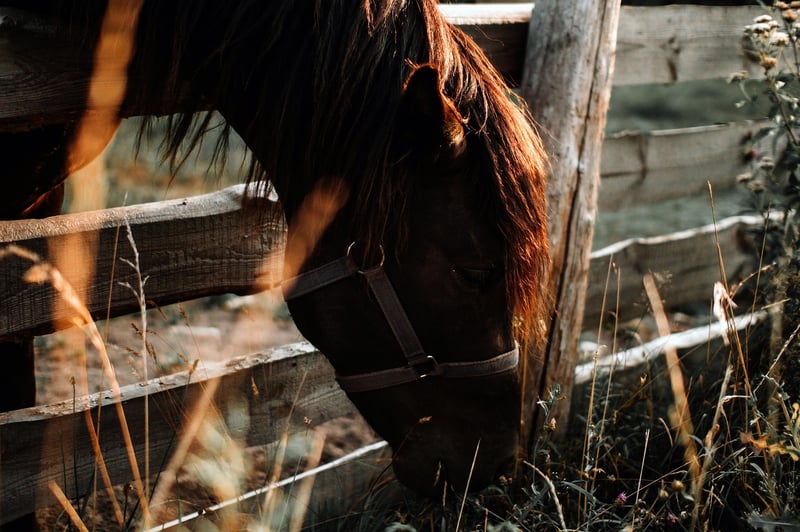Eating Rituals
Exploring Culinary Heritage and Eating Rituals
Food is not just a means of sustenance; it is intertwined with culture, tradition, and heritage. Exploring culinary heritage allows us to dive into the rich tapestry of flavors, techniques, and stories that have been passed down through generations. One of the most fascinating aspects of culinary heritage is the eating rituals associated with different cultures. These rituals often hold deep significance and reflect the values and beliefs of a community.
The Importance of Culinary Heritage
Culinary heritage is like a time capsule that preserves the essence of a community's identity. Through traditional recipes, cooking methods, and ingredients, we can trace the historical journey of a culture. Each dish tells a story - of migration, trade, conquest, and innovation. By exploring culinary heritage, we not only savor delicious flavors but also gain a deeper understanding of our shared human experience.
Eating Rituals Around the World
Every culture has its unique eating rituals that go beyond simply consuming food. These rituals are often steeped in symbolism and tradition, creating a sense of connection and belonging among participants. Let's take a look at some intriguing eating rituals from around the world:
1. Japanese Tea Ceremony (Chanoyu)
The Japanese tea ceremony is a ritualistic preparation and consumption of matcha (powdered green tea). This centuries-old tradition emphasizes harmony, respect, purity, and tranquility. The meticulous choreography of the tea ceremony reflects the Zen Buddhist principles of mindfulness and presence.

2. Italian Sunday Family Lunch
In Italy, Sunday lunch is a sacred time for families to gather, share stories, and enjoy a leisurely meal together. This tradition celebrates the importance of family bonds and community connection. The meal often consists of multiple courses, including antipasti, pasta, meat or fish, and dessert.

3. Ethiopian Coffee Ceremony
The Ethiopian coffee ceremony is a ritualized celebration of coffee preparation and consumption. It involves roasting green coffee beans, grinding them, and brewing the coffee in a traditional clay pot (jebena). The ceremony symbolizes hospitality, friendship, and social bonding.

Preserving Culinary Heritage
As our world becomes increasingly interconnected, it is crucial to preserve and celebrate our culinary heritage and eating rituals. By honoring and sharing these traditions, we ensure that future generations can continue to appreciate the diversity and richness of our global food culture.
Let's cherish not just the flavors on our plates but also the stories and rituals that make each meal a celebration of our shared heritage.
